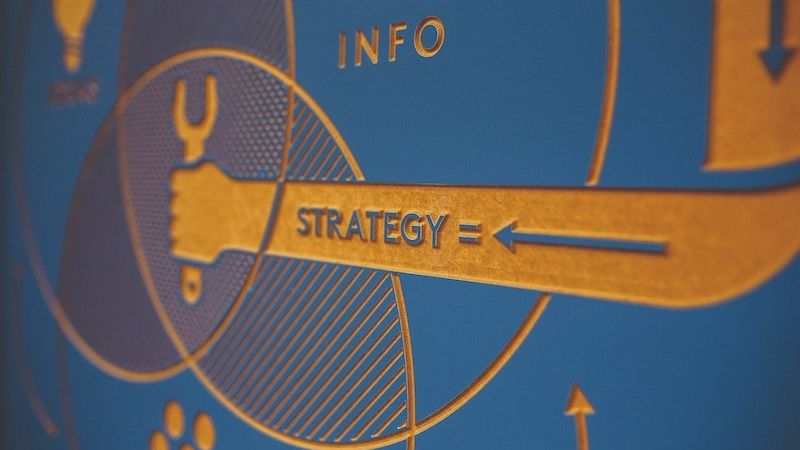Creating an event strategy isn’t easy. Even if you have unlimited resources, it’s a challenge to choose the right kind of events to plan and the correct event type (in-person, virtual, or hybrid), while maintaining a consistent brand and finding the right content.
Company Goals
Strategic event planning starts with identifying organizational goals and using events to reach those goals. There’s almost nothing that happens in a company that shouldn't tie back to the company mission. Organizations have clear functions, which is why they require goals and alignment. A few common goals could be:
- Grow Revenue
- Build Brand
- Decrease Organizational Turnover
Align Company Goals and Event Strategy
You know your organization’s goals. That’s a great place to start. If you want to grow revenue, your event should be centered around your product. While a networking happy hour might be fun, it is more likely to increase leads and connections rather than securing closed deals. The type of event you choose to host should align with top company priorities.
Goals and Types of Events
- Grow Revenue: Trade Show
- Build Brand: Thought leadership conference
- Decrease Organizational Turnover: Internal Team Building Event
Understand Your Resources
There are a few things you have to understand before you can build out your event strategy. Your resources are all of those things that help you to accomplish your goals. You may have a little money, a lot of money, a small staff, or a big one, but you have to know what you’re working with. It’s unreasonable to think that you can put on twenty, five hundred-person events per year with a staff of two and a ten-thousand-dollar budget for the entire year. Without event management technology, having a clear grasp of your data and analytics is challenging. And, when looking across event types, it's important to have a virtual meeting tools to help you put on your virtual or hybrid events.
Resources to Review
- Money
- Time
- Staff
- Company support
- Education/Event Planning Knowledge
- Event Management Technology
- Virtual Event Software
Plan Your Calendar of Events
Timing is important. Product launches, membership sign up times, and even the weather can play a role in attendee availability.
Take Stock of
- Industry events
- Competitor events
- Time of Year
- Attendee Location
Set Clear Goals
There’s nothing worse than planning an amazing event that, when it’s all over and done, has no analytics tracked to measure success. Strategic event planning is about data and analytics. It’s about creating goals that will tell you if your event served the purpose it was meant to serve or if it flopped. You need to understand the data you can gather at your events and whether or not you’re tracking what you need to track.
- Set a Deadline: If the goal never ends you can’t know if you succeed.
- Make it Measurable: Vague language doesn’t work. This is the time to set quantitative goals.
- Take Out Ambiguity: You shouldn’t question event success, it needs to be abundantly clear what is and isn't a success.
- Make it Realistic: Base goals off of past events.
Conclusion
In order to plan your events strategically, you need to start early. It isn’t about throwing something together at the last minute just to host an event. Your content, your entertainment, your date, your location – everything needs to align with the event. More than that, you need the right resources to support your events so that your event strategy doesn’t hit any snags. Event management technology is critical at every stage of the planning process. Creating the perfect strategic events program takes time and a lot of trial and error.
Want more? Find out Why it's Time to Double Down on the Social Strategy at Your Events.







